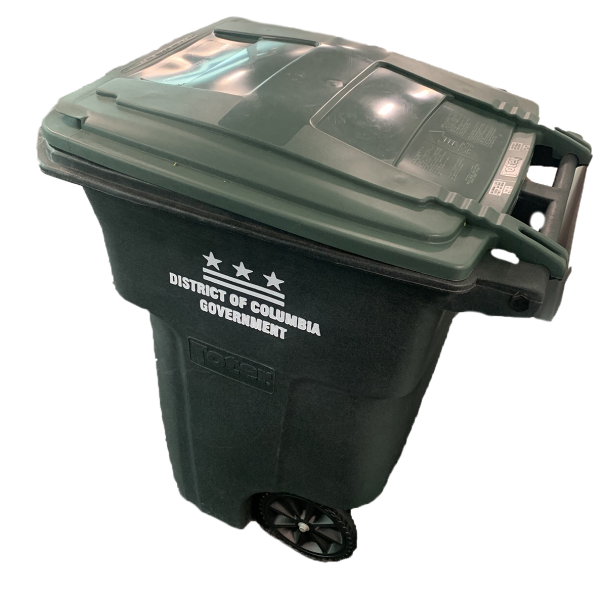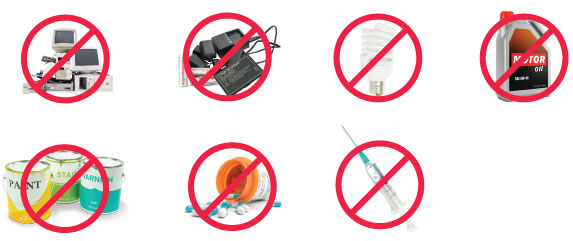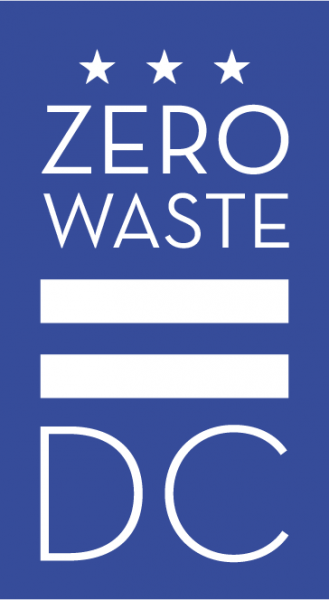The Department of Public Works (DPW) collects trash once or twice per week from single-family homes and residential buildings with three or fewer living units. Click here for collection information, set-out times, and requests.
Apartment buildings with four or more units, mixed-use residential/commercial buildings, and commercial properties are required to provide their own trash collection services.

What Goes in the Trash?
The following materials are listed as trash because most recycling facilities do not accept them. Read below to see which can be recycled or composted through other means of collection and recovery.
-
Plastic bags, wrap, and film of any kind
-
Click here to learn how to recycle these items at store drop-offs.
-

-
Chip bags
-
Candy wrappers
-
Condiment packets

-
Food waste
-
Click here to learn how you can drop off food waste to be composted for free.
-

-
Items smaller than 2"x2"
-
Plastic utensils
-
Straw
-
Portion cups
-

-
Juice and flexible pouches

-
Foam

-
Diapers and personal sanitary products
-
Wet wipes (do not flush them down toilets)
-
Tissues, napkins, and paper towels

-
Clothing and textiles

What Doesn't Belong in the Trash OR Recycling?
Click here to learn how to dispose of these Special Waste Items.
-
Electronics
-
Batteries
-
Compact Fluorescent Light (CFL) bulbs
-
Household Hazardous Waste (HHW)
-
Paint
-
Prescription medications
-
Do not flush or pour them down a drain.
-
-
Needles and sharps


